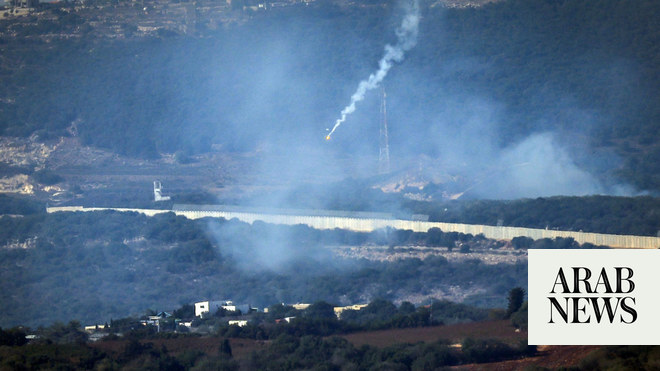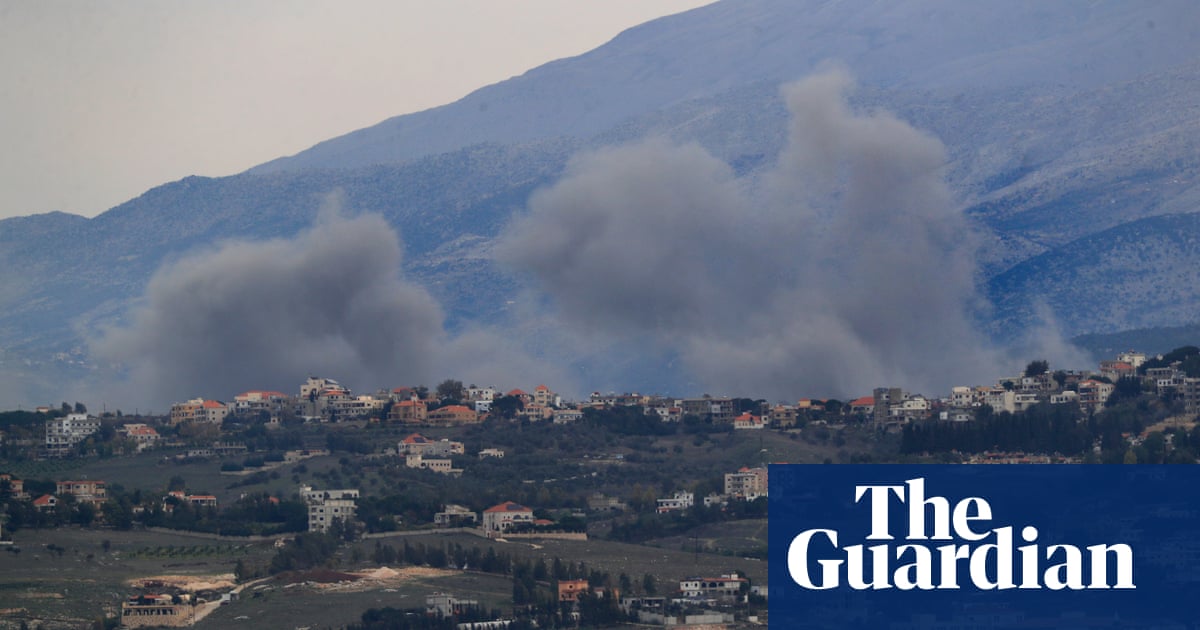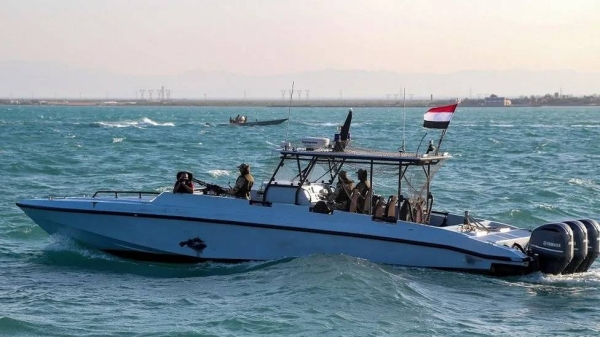
Benjamin Netanyahu’s house in the seaside town of Caesarea was hit by a drone on Saturday, causing superficial damage and no casualties, as Israel’s wars in Gaza and Lebanon rage unabated after the death of Hamas leader Yahya Sinwar.
The Israeli government said that one of the prime minister’s three homes was targeted by three drones, two of which were intercepted, and that neither Netanyahu nor his wife, Sara, were home at the time.
In a statement on Saturday night, Benjamin Netanyahu said: “The attempt by Iran’s proxy Hezbollah to assassinate me and my wife today was a grave mistake.”
Netanyahu vowed that Iran and its proxies would “pay a heavy price” and said Israel would continue to “eliminate the terrorists and those who dispatch them”.
Reports had emerged of his house in northern Israel being targeted on Saturday. The prime minister and his wife, Sara, were not home at the time. Israeli media later published a video of the prime minister walking in a park.
Israel’s air raid system was not triggered by the lightweight drones, which are difficult to detect. The Lebanese militia Hezbollah did not claim responsibility for the attack, but said it fired several barrages of rockets at northern and central Israel, which killed a 50-year-old man in Acre.
The rocket attacks came after Hezbollah said on Friday it had entered a new phase of the full-scale war that began with Israel’s ground invasion of southern Lebanon earlier this month. The Shia group, allied to Iran, said it planned to send more guided missiles and explosive drones into Israel.
On Saturday an Israeli drone strike killed two people driving on the highway in Jounieh, a Christian-majority city north of Beirut, marking the first time the city has been hit. The attack was the latest in a series of assassinations in northern Lebanon over the last month in areas that have otherwise not seen any Israeli strikes.
Eyewitness accounts said the drone fired at a car three times before a man and a woman fled the car on foot, where they were struck down in a field next to the highway. Glass storefronts near the airstrikes were shattered, shrapnel littered the highway and there was a crater where the couple was killed by the drone.
“I didn’t expect this here. Thank god my wife and daughter are OK, but my store is all broken,” Suhail Abd al-Karim, a 61-year-old who manages the building complex next to where the airstrike was carried out, told the Observer. He added that he expected that the target of the strike could have been affiliated with Hezbollah, though there has been no official information about the identity of those killed.
Israel also carried out at least three rare daytime airstrikes in Dahiyeh, a southern suburb of Beirut, on Saturdayyesterday afternoon, with the blasts heard around the capital. Prior to the bombings, Israel issued warnings for people to evacuate at least 500 metres away from several buildings in Burj al-Barajneh and Chouifet, both neighbourhoods in Dahiyeh. The Israeli military said these were Hezbollah installations.
Israel also bombarded the Bekaa valley, killing five and wounding 13. Among the dead was Haidar Shahla, the mayor of the town of Suhmoor. Shahla was the second mayor killed by Israel in Lebanon this week. The mayor of Nabatieh, one of the largest cities in south Lebanon, was killed in a strike on the city’s municipality building on Wednesday.
The Israeli army also said on Saturday it killed Hezbollah’s deputy commander, Nasser Rashid, in the southern town of Bint Jbeil.
In Gaza, hospital officials said more than 50 people had been killed in Israeli airstrikes in the past 24 hours amid Israel’s ferocious new assault on northern Gaza that has led to accusations Israel intends to forcibly expel the remaining 400,000 people living there. The Israeli army says the operation is aimed against regrouped cells of Hamas fighters.
At least two hospitals were targeted by Israeli forces on Saturday. At dawn, the Indonesia hospital in the northern town of Beit Lahiya was surrounded by Israeli tanks which shelled the upper floors of the complex and cut off the electricity, endangering staff and 40 patients and causing widespread panic, the local health ministry said. Two patients died due to oxygen shortages, medics said.
Al-Awda hospital in the Jabalia neighbourhood of Gaza City, already struggling to deal with the aftermath of a nearby strike overnight on Friday that killed 33 people, was also targeted by tank shelling that injured several staff members, the director said in a statement.
The killing of Sinwar in the southern city of Rafah after a year-long hunt for the architect of the 7 October Hamas attack that triggered the war in Gaza briefly raised hopes that an elusive ceasefire and hostage release deal could be reached.
Both Israel and Hamas, however, have so far stuck to their incompatible positions. Hamas has reiterated that Israeli hostages held by the Palestinian group will be released after a ceasefire and the withdrawal of Israeli troops from Gaza, while Israel says it will not countenance leaving at least two areas of the territory.












